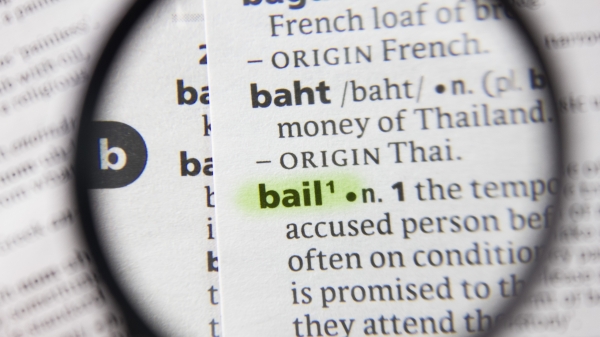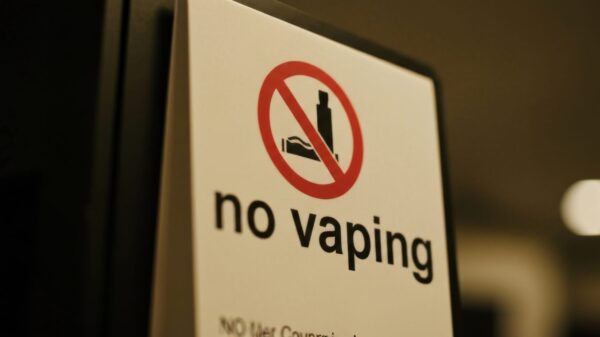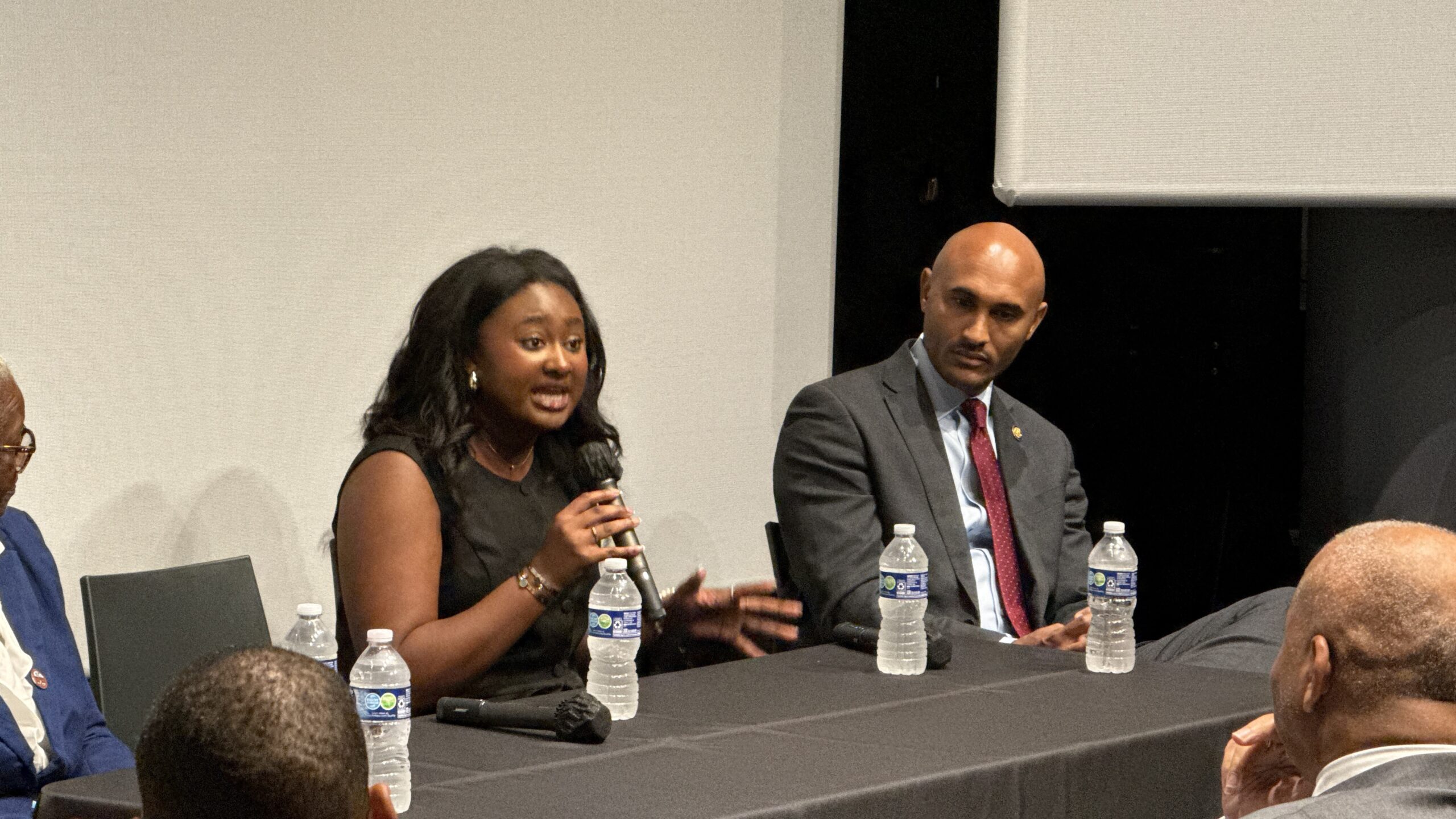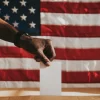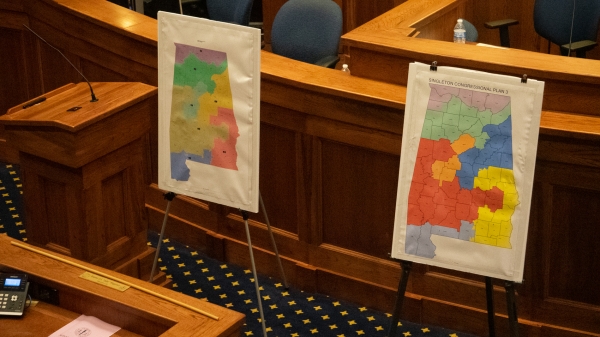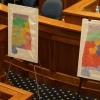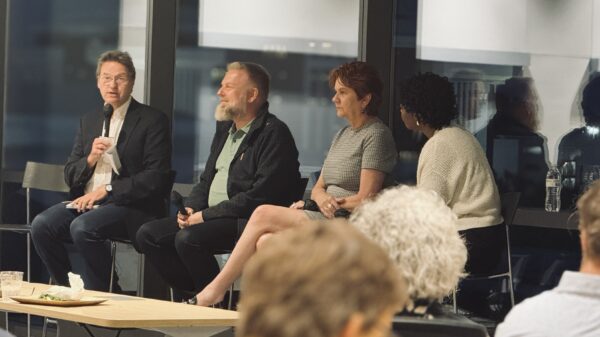The Southern Poverty Law Center on Wednesday hosted a panel to commemorate the 60th anniversary of the Voting Rights Act and discuss how the history of civil rights activism informs the present.
“This is not a moment to feel nostalgic,” Montgomery Mayor Steven Reed said in remarks before the panel discussion. “It’s a moment to feel responsible, because the responsibility now rests with us.”
The panel featured Democratic U.S. Representative Shomari Figures, Alabama’s 2nd Congressional District; Tafeni English-Relf, SPLC Alabama state director; State Senator Kirk Hatcher, D-Montgomery; and sisters Jeanette Howard-Moore and Margaret Howard, who participated in the Bloody Sunday March in Selma 60 years ago as children.
Howard-Moore recalled the historic event, which she participated in at just 14 years old.
“I was one of 17 that was injured and hospitalized that day,” Howard-Moore said. “The next time I saw my dad, he was sitting at my bedside at Good Samaritan Hospital asking me if I knew my name.”
Howard-Moore said it is days like those, and resistance of that magnitude, that have led to progress such as a Black mayor of Montgomery, a Black President and a Black U.S. Congressman.
But while there has been progress, Figures told the audience that it shouldn’t be as difficult to vote as it is today.
“I think the fact that Election Day is on Tuesdays is a form of voter suppression,” Figures said. I think election days ought to be, at a minimum, on a Saturday. I believe in early voting; I believe that you should have a voting window to vote, and not necessarily just a single day.”
The panelists discussed gerrymandering, including the fight against the Alabama Legislature’s Congressional districts that led to a court-ordered map and the election of Figures.
And Figures said, ultimately, the many different tools of voter suppression lead to a third dangerous form of voter suppression: apathy.
“I think one of the biggest depressive tactics that are out there, and it’s an indirect result in part of some of the more overt suppression that we see, is the cultural acceptance of apathy when it comes to not voting,” Figures said. “The Civil Rights Movement was grounded in establishing an insurance plan of going to vote; it didn’t come with a supplemental insurance plan.”













